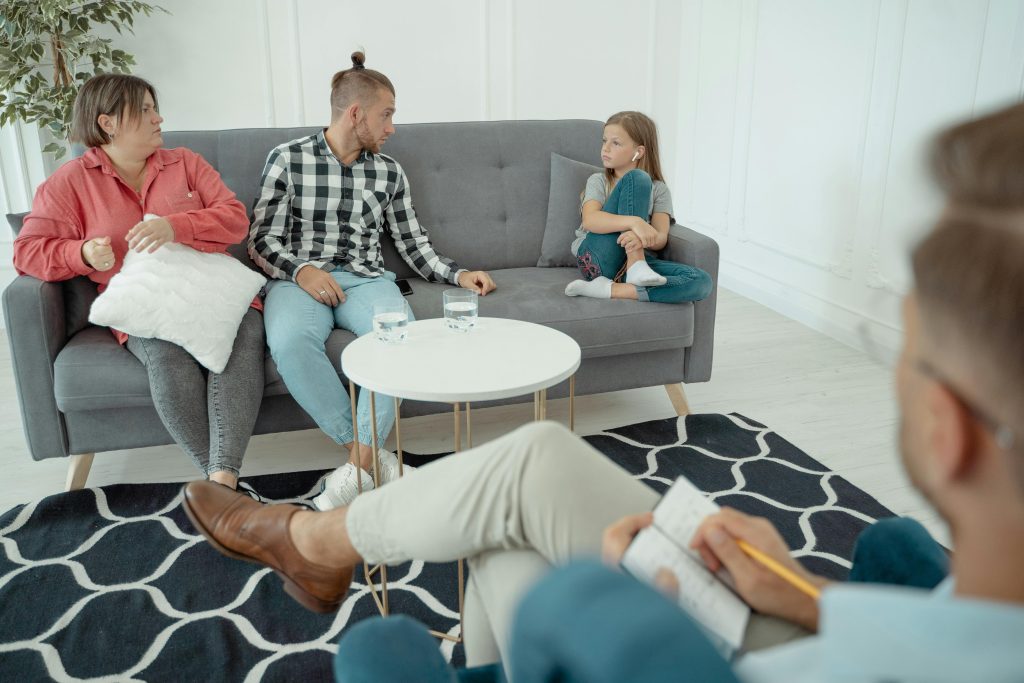
A clinical neuropsychologist, a clinical psychologist or behaviorist, a cognitive rehab/speech language, a learning disability therapist, and a neuromodulation clinician.
Patients admitted to the cognitive rehabilitation program enter a module based on their primary type of cognitive impairment, e.g., the attention, working memory or executive system impairment module. Each patient will receive specific treatments for this type of cognitive disorder using a combination of remedial, adaptive, and compensatory interventions that have been developed at NCBI for their module. In addition to this customized treatment approach for their specific cognitive disorder, all patients are placed on a cortical optimizing treatment program. Using this combination of treatments the majority of our patients (approximately 80%) obtain their goals of improved cognition, vocational or academic performance.

NCBI has speech therapists who evaluate and treat all ages starting at 18 months of age. Common speech and language disorders evaluated and treated at NCBI include:
Articulation disorders and stuttering
Receptive and expressive language delays including all neurodevelopmental language-based disorders such as:
Language disorders related to Autism
Social pragmatic communication disorders
The acquired aphasias:
Broca’s or expressive aphasia
Transcortical motor aphasia
Conduction aphasia
Wernicke’s or receptive aphasia
Transcortical sensory aphasia
Dysnomia
Often speech and language therapy is administered in conjunction with neuromodulation (NM) targeting the site of the language disorder or inhibiting the homotopic region interfering with language rehabilitation. NM interventions, both excitatory or inhibitory significantly enhances the treatment outcome.

Using efficacy based therapeutic interventions in phonics, semantics, and mathematics they specialize in treating the following cognitive disorders:
Dyslexia
Dyscalculia
Dysgraphia including orthographic learning disability
Often speech and language therapy is administered in conjunction with neuromodulation (NM) targeting the site of the language disorder or inhibiting the homotopic region interfering with language rehabilitation. NM interventions, both excitatory or inhibitory significantly enhances the treatment outcome.